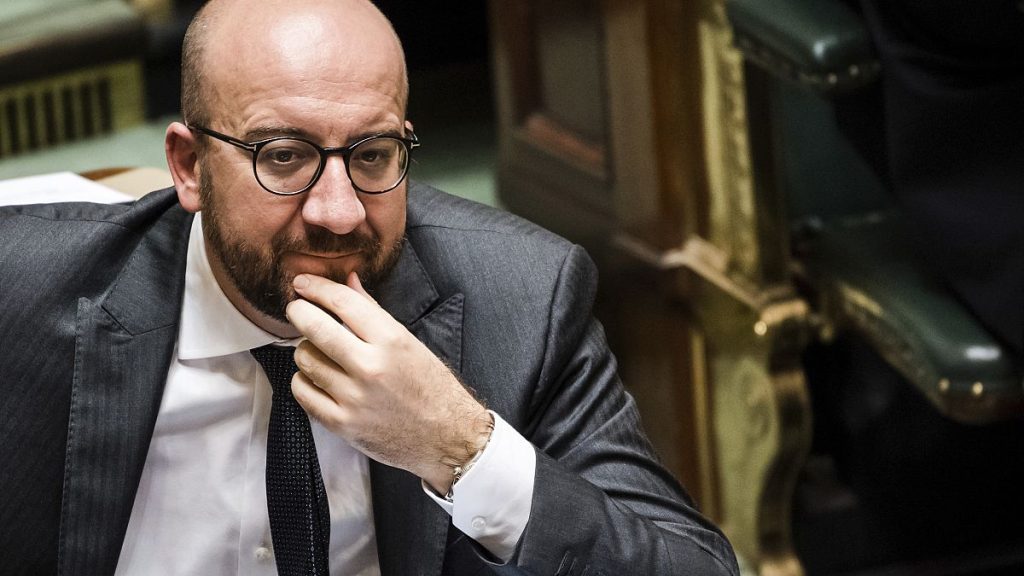Re-appointing Ursula von der Leyen as EU executive chief is expected to be a challenging process, as European Council president Charles Michel anticipates long and difficult negotiations for the top leadership jobs within the European Union. Before Michel steps down to make way for his successor, he must facilitate an agreement on the next leadership team for the Commission, the European Council, the European Parliament, and the EU’s High Representative for Foreign Affairs. Michel believes that the uncertainty surrounding the Parliament’s composition after the upcoming EU elections, scheduled from 6 to 9 June, will create obstacles for von der Leyen’s reinstatement. He stressed the importance of finding a political, geographical, and gender balance among the nominees, acknowledging the complexities involved in this process.
Achieving consensus among EU leaders on the top job nominees is crucial, but Michel did not rule out the possibility of resorting to a qualified majority vote. The next steps in the reappointment process include an informal dinner on 17 June, where leaders will discuss the positions in light of the EU election results. The official European Council meeting on 27-28 June is expected to further solidify the decisions made. Michel emphasized the importance of reaching a final decision on the EU top jobs by the end of June, so that the Parliament can promptly vote on the issue when it convenes in July. While he refrained from mentioning specific names, Michel expressed a preference for an impartial Commission president, highlighting the role of the executive as the guardian of the treaties laid out in Article 17 of the Treaty on EU (TEU).
During the interview, Michel also cautioned against proposals for reforming the EU treaty in the near future, arguing that focusing on reshaping institutional powers rather than enhancing Europe’s competitiveness would be a counterproductive move. He emphasized that the full potential of the existing Lisbon Treaty has not been fully utilized, suggesting that maximizing its capabilities could lead to increased efficiency at the EU level. Michel warned against allowing the politicization of the EU executive through issues like infringement procedures and the Commission’s stance on conflicts like the one in Gaza, pointing out that maintaining impartiality and upholding the treaties are essential for the EU’s credibility and ability to defend its interests. He expressed concern that a lack of impartiality in the Commission could be exploited by those opposing EU integration to undermine its legitimacy.
In conclusion, the process of re-appointing Ursula von der Leyen as EU executive chief is expected to be a complex and challenging task, requiring careful negotiations and a delicate balance of political, geographical, and gender considerations among the nominees for top leadership roles within the European Union. European Council president Charles Michel emphasized the need for consensus among leaders on the final decisions, while also cautioning against hasty proposals for EU treaty reform. By focusing on maximizing the potential of the existing Lisbon Treaty and ensuring the impartiality of the EU executive, Michel believes that the EU can become more efficient and effective in defending its interests on the international stage. The upcoming EU election results and subsequent discussions among leaders will play a crucial role in determining the future direction of the EU’s leadership team.


